Filter by
The language used throughout the course, in both instruction and assessments.
Choose the Sequence Models Course That Aligns Best With Your Educational Goals
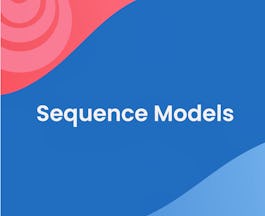
DeepLearning.AI
Skills you'll gain: Artificial Neural Networks, Deep Learning, Machine Learning, Natural Language Processing, Machine Learning Algorithms, Applied Machine Learning, Python Programming, Human Learning, Network Model, Linear Algebra
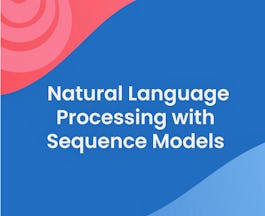
DeepLearning.AI
Skills you'll gain: Artificial Neural Networks, Deep Learning, Machine Learning, Natural Language Processing, Statistical Programming, Python Programming

DeepLearning.AI
Skills you'll gain: Machine Learning, Forecasting, Tensorflow, Applied Machine Learning, Deep Learning, Artificial Neural Networks, Human Learning, Data Visualization, Statistical Analysis, Statistical Machine Learning
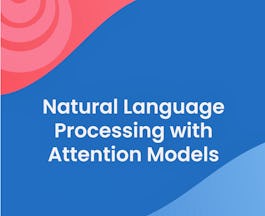
DeepLearning.AI
Skills you'll gain: Natural Language Processing
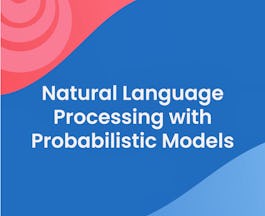
DeepLearning.AI
Skills you'll gain: Machine Learning, Natural Language Processing, Python Programming, Statistical Programming, Statistical Machine Learning
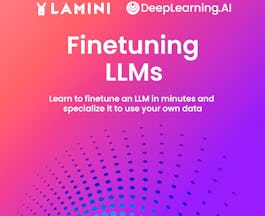 Status: Free
Status: FreeDeepLearning.AI

Multiple educators
Skills you'll gain: Machine Learning, Machine Learning Algorithms, Applied Machine Learning, Algorithms, Deep Learning, Machine Learning Software, Artificial Neural Networks, Human Learning, Statistical Machine Learning, Python Programming, Regression, Mathematics, Tensorflow, Critical Thinking, Network Model, Network Architecture, Reinforcement Learning

Johns Hopkins University
Skills you'll gain: Bioinformatics, Computer Programming, Data Analysis, Python Programming, Computational Thinking, General Statistics, Exploratory Data Analysis, R Programming, Algorithms, Computer Programming Tools, Data Analysis Software, Biostatistics, Statistical Analysis, Programming Principles, Probability & Statistics, Statistical Tests, Data Structures, Operating Systems, Research and Design, Big Data, Computational Logic, Problem Solving, Statistical Programming, Experiment, Correlation And Dependence
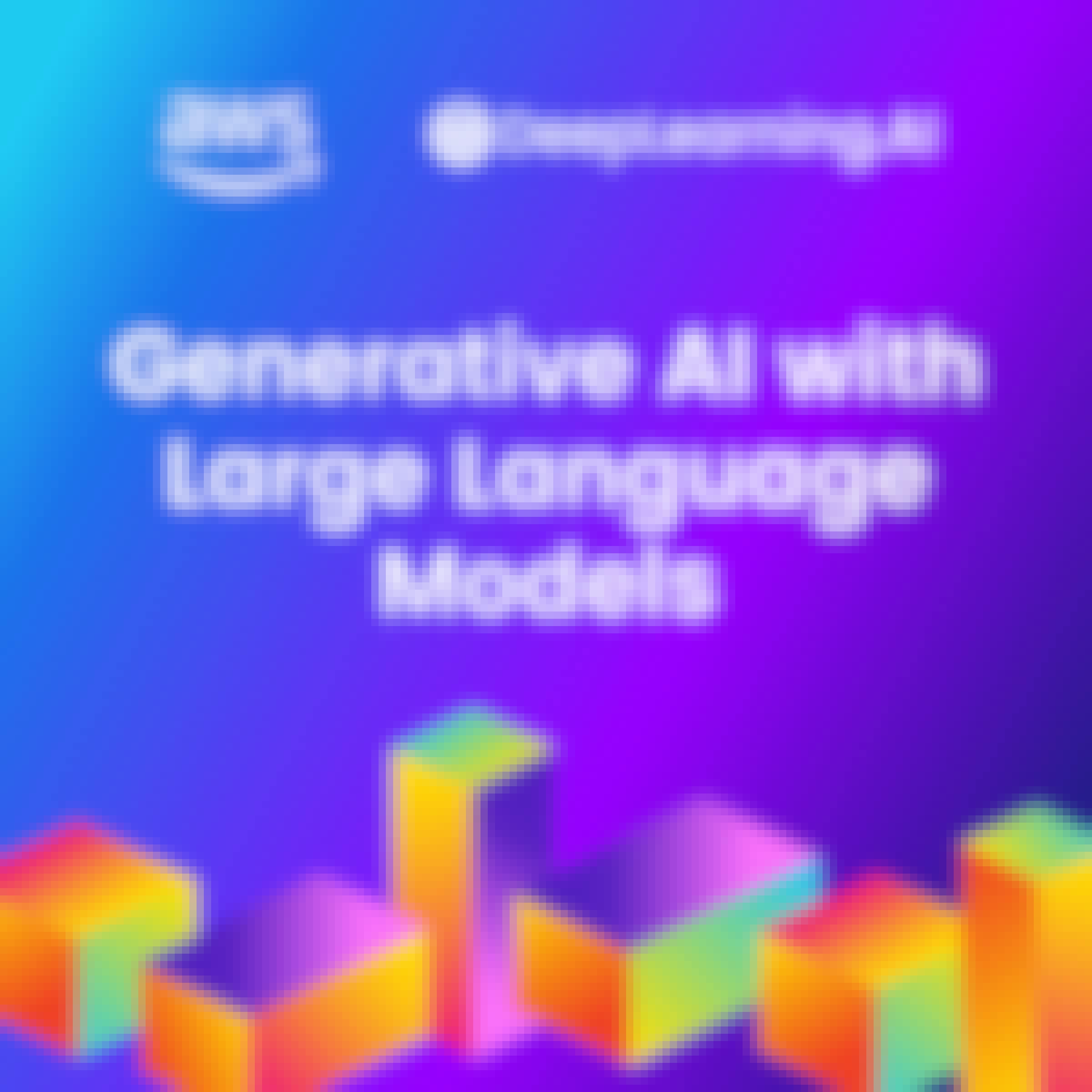
DeepLearning.AI
Skills you'll gain: Machine Learning, Natural Language Processing, Python Programming

University of California San Diego
Skills you'll gain: Algorithms, Bioinformatics, Computer Programming, Computational Thinking, Theoretical Computer Science, Python Programming

DeepLearning.AI
Skills you'll gain: Machine Learning, Deep Learning, Artificial Neural Networks, Machine Learning Algorithms, Applied Machine Learning, Python Programming, Machine Learning Software, Network Model, Algorithms, Computer Programming, Computer Vision, Network Architecture, Natural Language Processing, Tensorflow, Human Learning, Data Model, Exploratory Data Analysis, Organizational Development, Process Analysis, Strategy, Computational Logic, Mathematics, Mathematical Theory & Analysis, Linear Algebra, Regression, Calculus

Starweaver
Searches related to sequence models
In summary, here are 10 of our most popular sequence models courses
- Sequence Models: DeepLearning.AI
- Natural Language Processing with Sequence Models: DeepLearning.AI
- Sequences, Time Series and Prediction: DeepLearning.AI
- Natural Language Processing with Attention Models: DeepLearning.AI
- Natural Language Processing with Probabilistic Models: DeepLearning.AI
- Finetuning Large Language Models: DeepLearning.AI
- Machine Learning: DeepLearning.AI
- Genomic Data Science: Johns Hopkins University
- Generative AI with Large Language Models: DeepLearning.AI
- Genome Sequencing (Bioinformatics II): University of California San Diego










